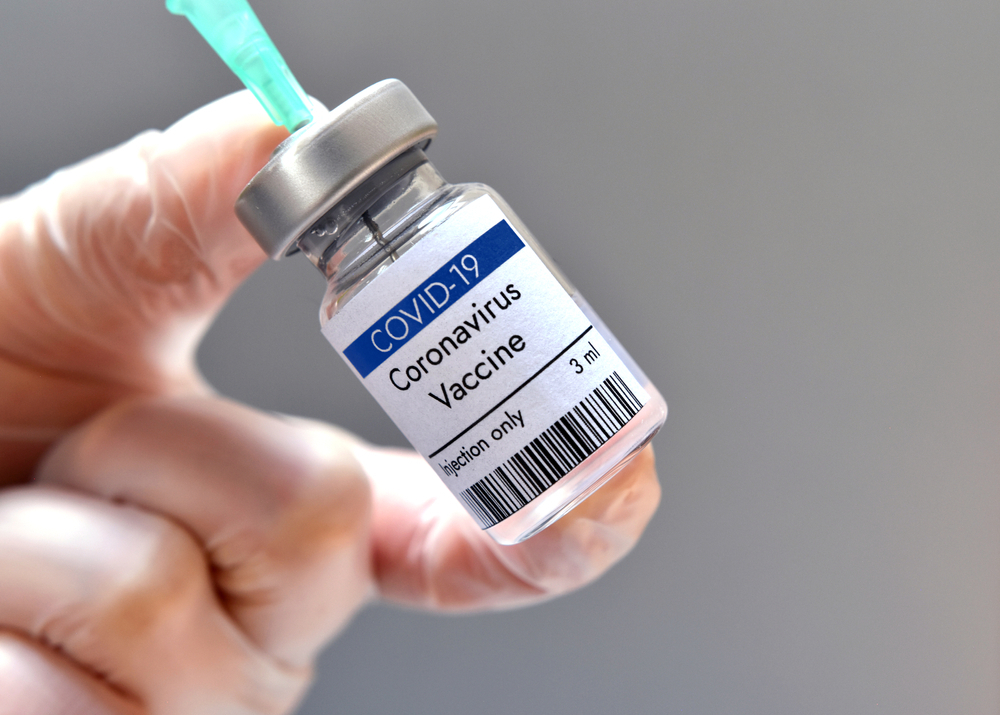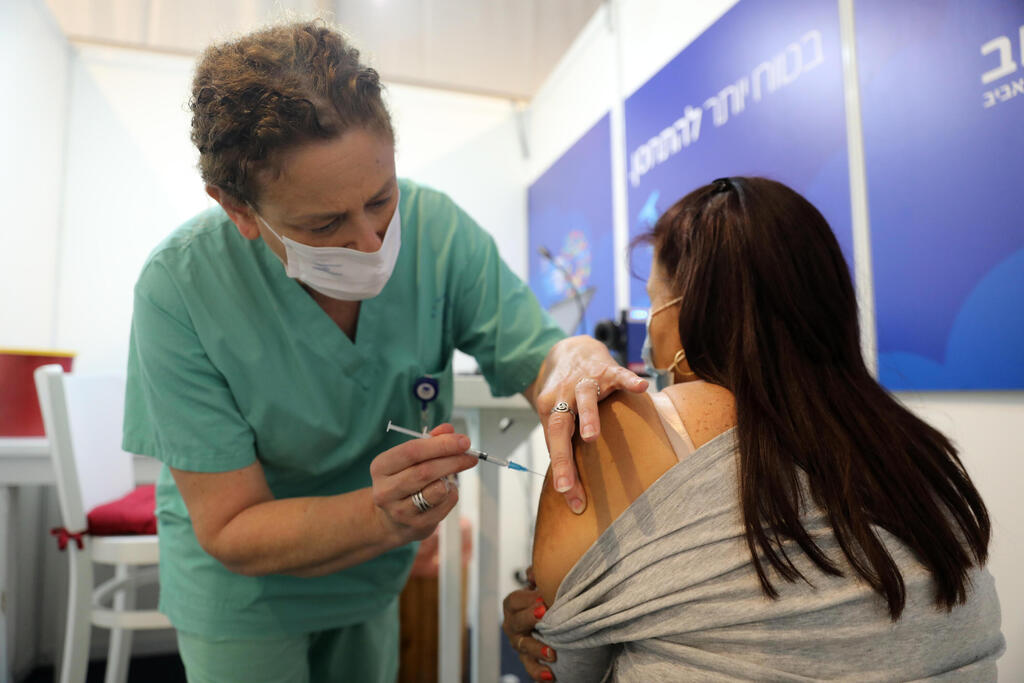Getting your Trinity Audio player ready...
Israeli women are urging the Health Ministry to investigate reports of menstrual changes that appeared after taking a COVID-19 vaccine.
These claims echo similar concerns voiced worldwide.
The New York Times reported last month that researchers at five institutions, backed by funding from the U.S. National Institutes of Health, will be conducting yearlong studies to examine any possible connections between vaccination and irregular menstruation, and to help allay concerns that might prevent women from getting their shots following similar claims voiced by American women.
Almost a year after Israel launched its vaccination drive, the Health Ministry is working vigorously to gather information about possible side effects of the vaccine and calls on the public to report any such unusual reactions. However, the ministry does not currently collect data on post-vaccination menstrual changes, and a report form on its website does not list irregular menstruation as a possible side effect of the vaccine.
So far, all medical research about the phenomenon in Israel amounts to two independent surveys.
"I am vaccinated and recommend getting vaccinated, but just as we as doctors made sure to report any side effects, this phenomenon should have been examined thoroughly, but it was swept under the rug instead," family medicine expert Dr. Lior Shahar told Ynet.
"Menstrual changes are seen as something common, but many of the vaccine's side effects are also common such as rashes and fever. The only distinguish between overreporting and what is a true phenomenon is to collect data and examine it.
When I spoke to gynecologists, I was disappointed to find that they did not read any literature on the issue and dismissed patient reports. It does not seem to have a detrimental effect on fertility, but a side effect does not have to be dangerous for it to be treated with respect and seriousness. It demonstrates the very inattentive agenda regarding women in society and medicine."
Other physicians, however, do not believe that there is a link between the vaccine and disruptions to women's menstrual cycle.
3 View gallery


Head of the Infectious Disease Unit and Laboratories at Sheba Medical Center Prof. Galia Rahav
(Photo: Abigail Uzi)
"It is difficult to prove such a link," says Prof. Galia Rahav, the head of the Infectious Disease Unit and Laboratories at Israel's largest hospital.
"Menstrual changes are a well-known phenomenon even before the release of the COVID-19 vaccine, and there seems to be more awareness or willingness to link them to the vaccine at the moment."
The Health Ministry's coronavirus information center said that citizens can manually add other side effects that do not appear in the current version of the form. It further added that the form was being revised to better answer to new necessities.



